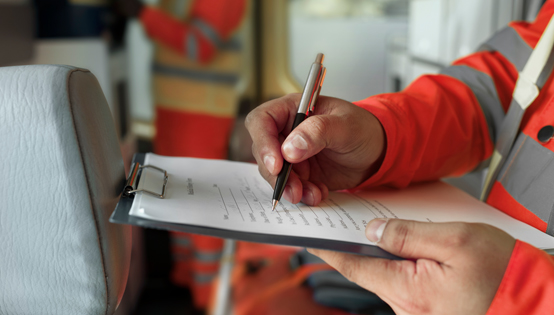MODULE 1: INTRODUCTION TO ACCIDENT INVESTIGATION
- Importance of accident investigation in workplace safety.
- Overview of incident vs. accident – definitions and distinctions.
- The role of investigation in improving safety culture.
MODULE 2: THE RELATIONSHIP BETWEEN 'ACCIDENTS' AND 'INCIDENTS'
- Understanding the relationship between accidents and incidents.
- Reactive vs proactive safety approaches.
- How incidents lead to accidents and how to use incident reports to prevent accidents.
- Legal and Regulatory Implications
- Tracking Incident Trends for Accident Prevention


